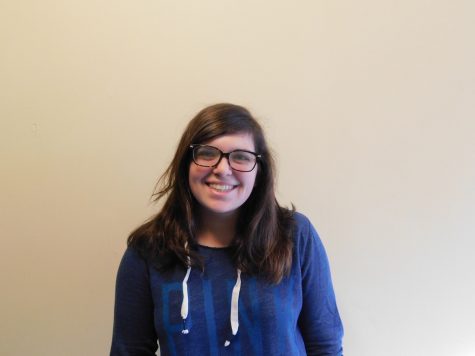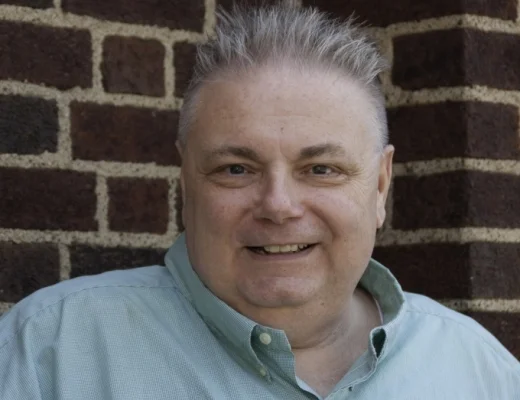Faculty come from far abroad for a new home
October 12, 2016
International professors are drawn to Pitt-Johnstown for different reasons such as a bad past, family issues or just the need for change.
Pitt-Johnstown geography professor Ahmad Massasati told his story while he remote controlled a flying drone outside of Krebs Hall.
“My wife and I are from Aleppo, Syria; my whole family still lives there,” said Massasati.
“In 1980, I was about 27 years old and single, and I decided to come to the United States to study; I liked it here, so I stayed.”
Massasati studied at multiple universities in the United States and also taught at a few.
He said he was a student at Georgetown University (Washington, D.C.), the University of Missouri (Columbia), and the University of Utah (Salt Lake City).
“I did my graduate school at (University of Utah), and, while I was there … I started my professional teaching,” said Massasati.
“I then went to the University of New Orleans; then I found employment at Pitt-Johnstown after I had just left my job at the U.S. Embassy.”
With the depressing past Massasati shared about Syria, he said he has not been back to visit his country in a few years.
“I used to go once every year, but I have not gone for the last six years because of the civil war going on now,” said Massasati.
“I (would) be captured as soon as I would get off the plane.”
Another Pitt-Johnstown geography professor Ola Johansson said he came from Southern Kalmar, Sweden, to the United States because it was bigger and had more jobs.
“I mainly decided to come to the U.S. to study, but the background is personal; I did not know where to go, we were open to what to do, so I applied for Ph. D jobs in the states as an option for us,” said Johansson.
“My wife and I were willing to move anywhere in the U.S., but we wanted to stay on the East Coast.”
Johansson said he attended the University of Tennessee (Knoxville) for his Ph. D. in 1996, and he lived there until 2002 before coming to Pitt-Johnstown.
“I got my bachelor’s and master’s degree in Sweden at Lund University, which is one of the biggest schools in Sweden,” said Johansson.
He said he goes back home every two years for a couple months out of the summer to see family.
Pitt-Johnstown Spanish professor Alvaro Bernal from Bogotá, Colombia, said he first came to the States in 1995 when he was 25 years old.
“I came to take English as a Second Language course at the University of Illinois at Chicago, then in 1996 I returned to my country and stayed there for less than two years,” said Bernal.
“In 1998, I came back to Chicago in order to pursue a master’s degree in English literature.”
Bernal said his main reason for traveling to the United States was to learn.
“I came to this country because, originally, I wanted to have a master’s (degree) in literature, and everybody in the world knows the great reputation American universities have,” said Bernal.
“I also came here because the U.S. is a country that has had a lot of influence in Latin America, and the U.S. exports its pop culture everywhere, and, in some way, that’s very attractive for young people.”
Bernal said he attended many universities. He got his bachelor’s degree at the Universidad Pedagógica Nacional (Bogotá, Colombia), his master’s degree at Governors State University (University Park, Ill.) and another master’s degree at the University of Northern Iowa (Cedar Falls).
He said he followed his academic path by finishing school and getting his Ph. D. at the University of Iowa (Iowa City).
Staying in the United States was a hard decision, according to Bernal.
“It is obvious that this country offers great job opportunities for a college professor,” said Bernal.
“Getting a good job in Colombia in my field (would be) difficult because there are usually very few job openings.”
Bernal said he has a mom, two sisters and a brother as well as many other relatives in Colombia.
“I try to visit Colombia once every two years,” said Bernal.







